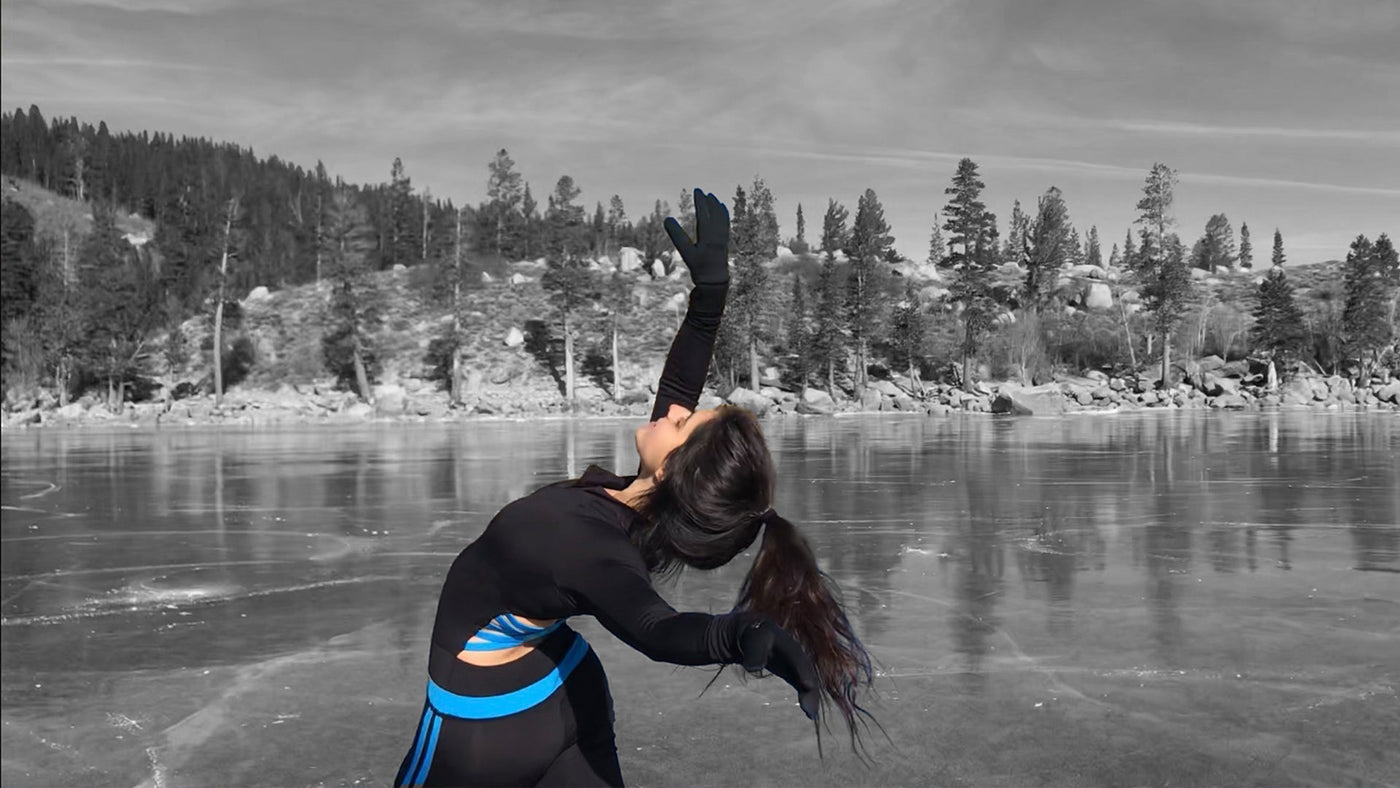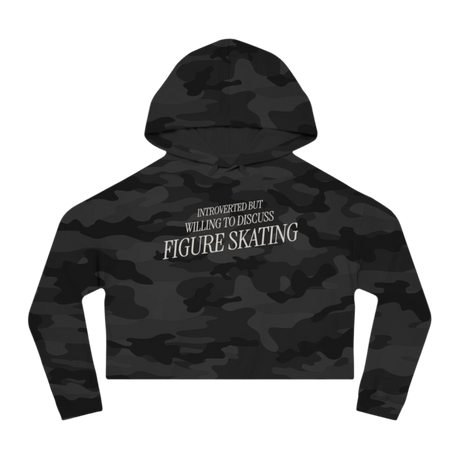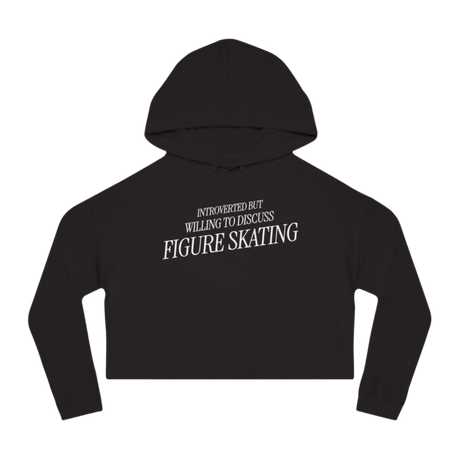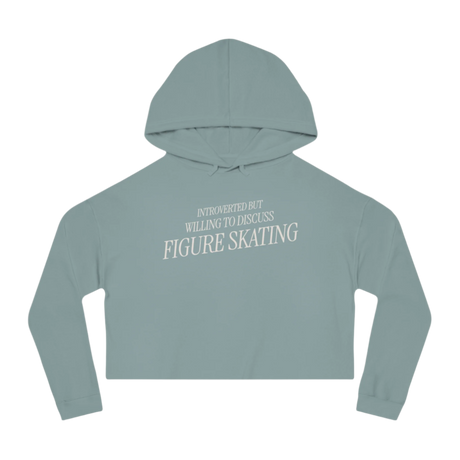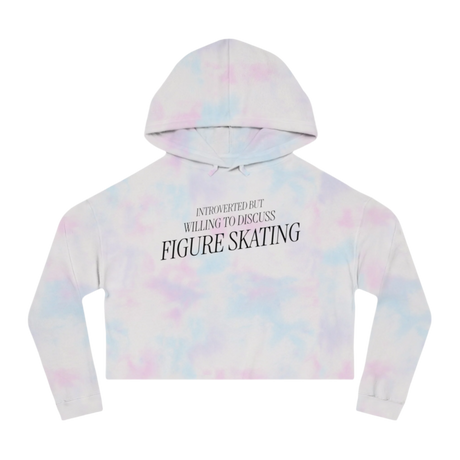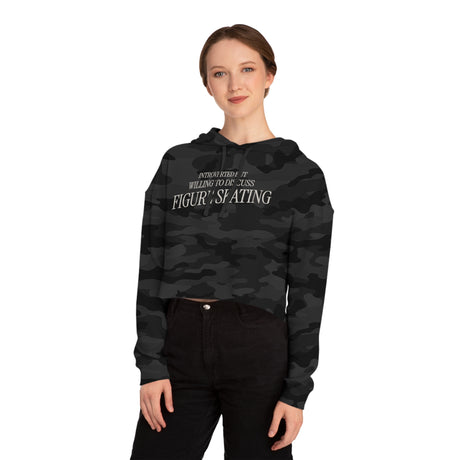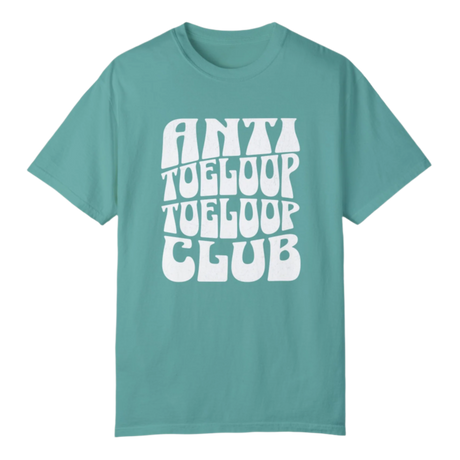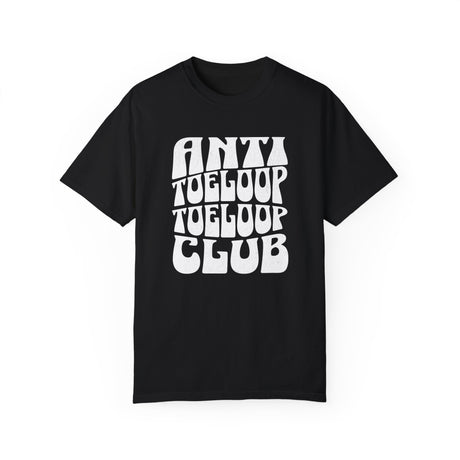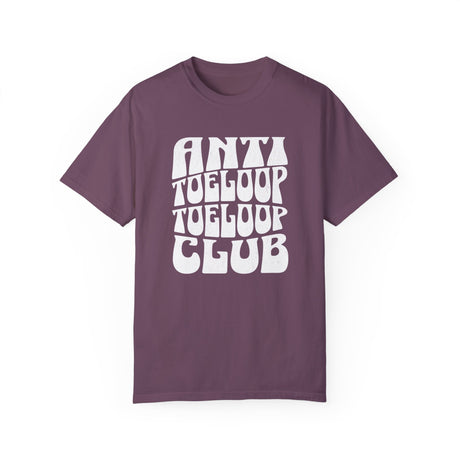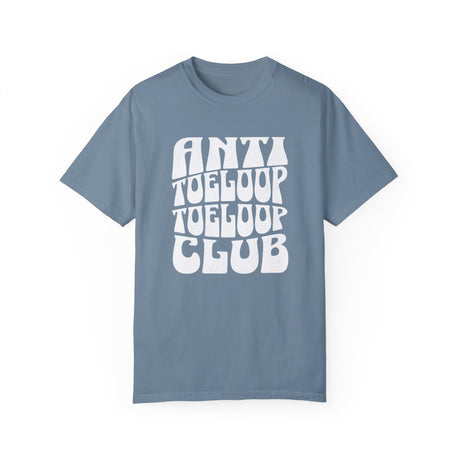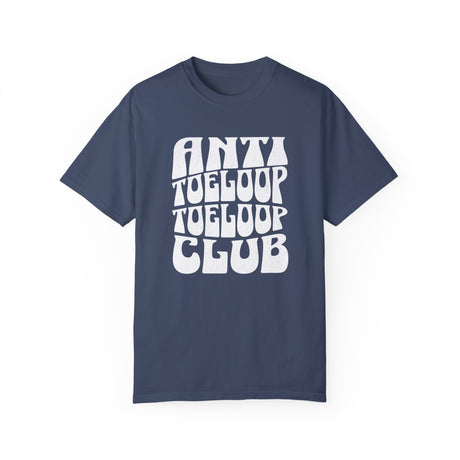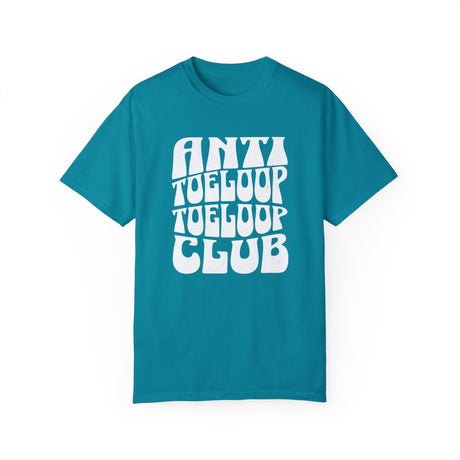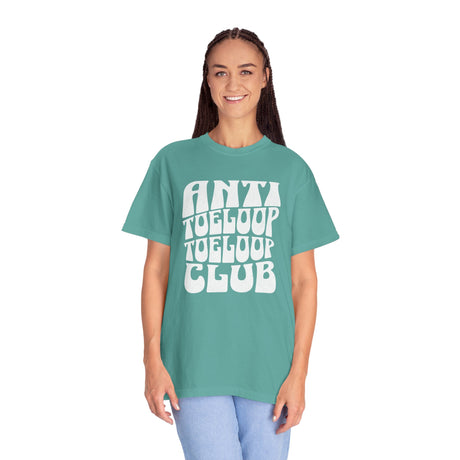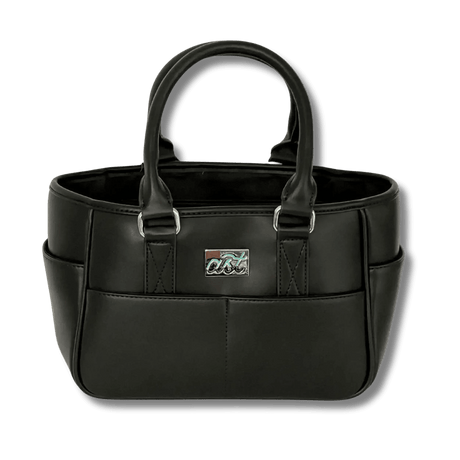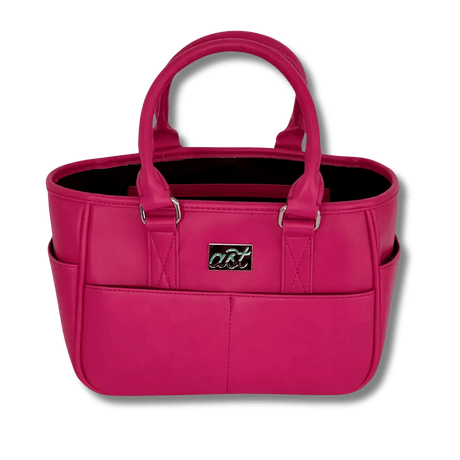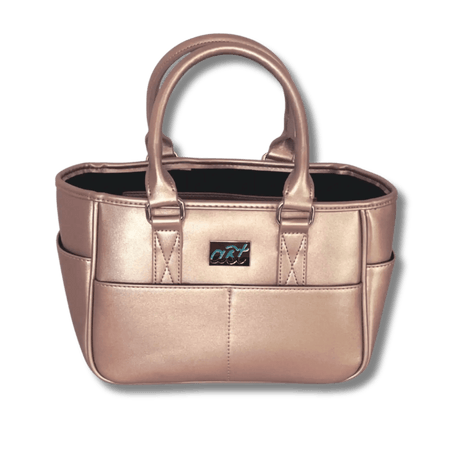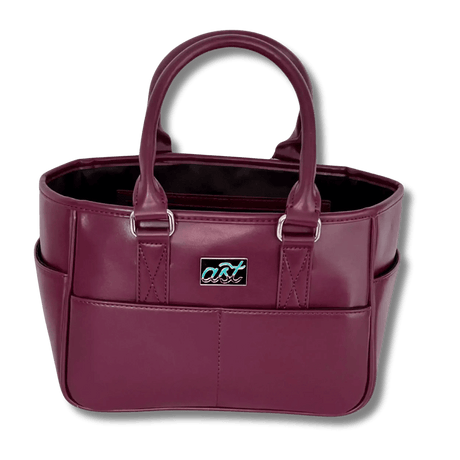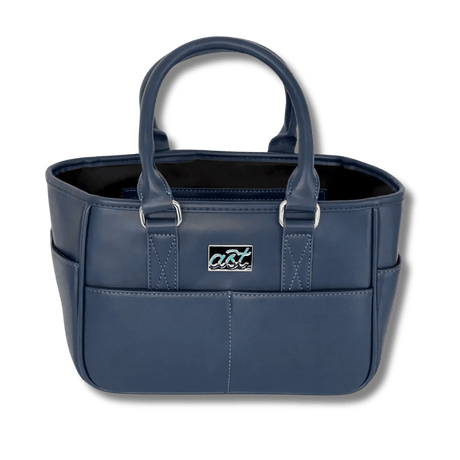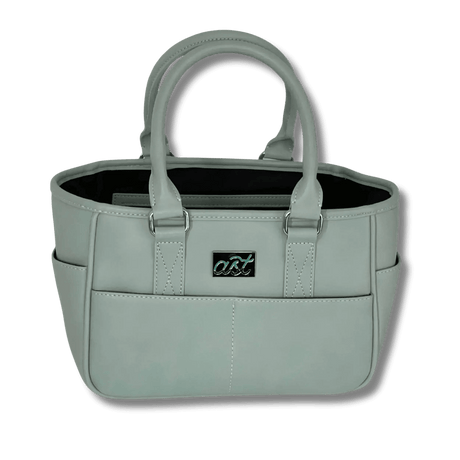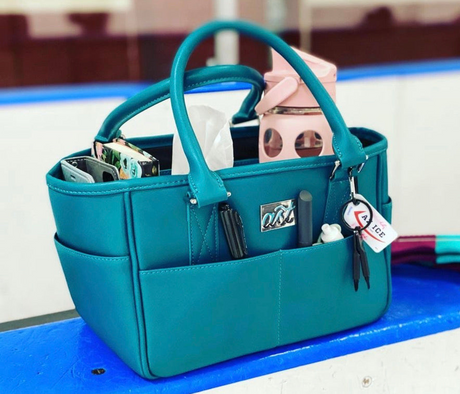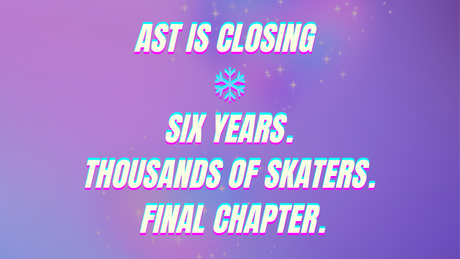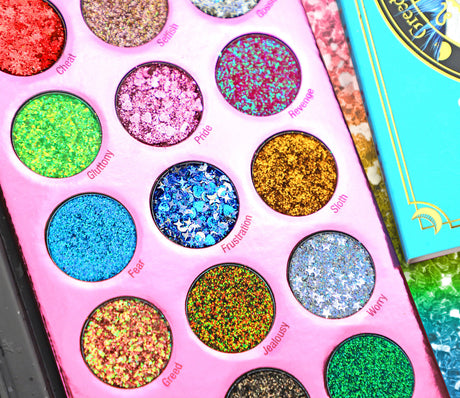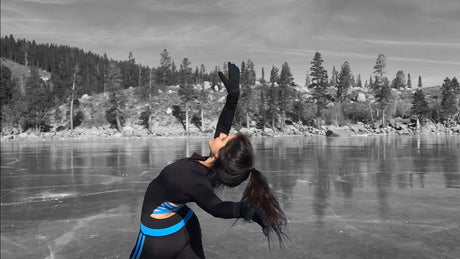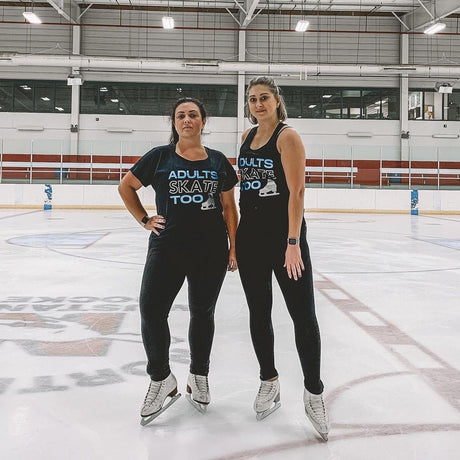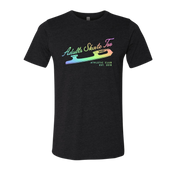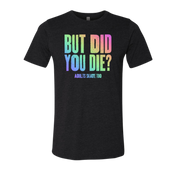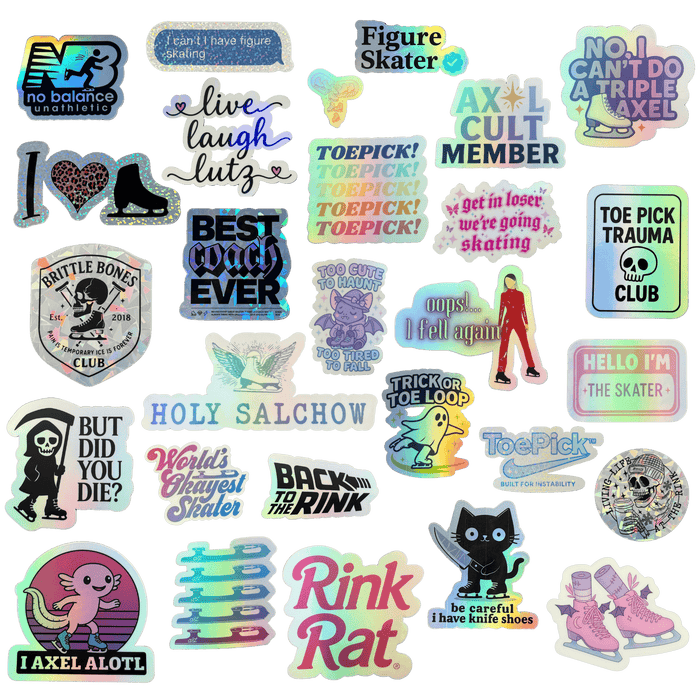Because showing up in a rhinestoned dress with zero sleep and a half-baked program is... not the vibe.
What to Expect at Adult Figure Skating Competitions
Adult figure skating competitions are more than just a showcase of technical skills—they're a celebration of resilience, passion, and sparkly outfits that scream "yes, I'm doing this in my 30s and thriving." Whether you're competing at an ISI event, USFS Adult Sectionals, or your local rink's fun skate-off, the format will typically include various levels and events based on age and test history.
You'll encounter categories like Bronze, Silver, Gold, and up through Masters, each with free skate and dramatic/light entertainment options.
Events are judged using the International Judging System (IJS), which breaks down your performance into technical elements and program components. Each jump, spin, and step sequence has a base value, and judges assign a Grade of Execution (GOE) score to reward quality or penalize flaws.
TES
Technical Elements Score - Your jumps, spins, and sequences
PCS
Program Component Score - Artistry and skating quality
It might sound intense, but adult events tend to have a warm, supportive vibe. Your competitors might be your biggest cheerleaders. Expect a few last-minute schedule changes, at least one person forgetting their music, and a lot of backstage bonding over boot tape and glitter glue.
Planning Your Season and Choosing Your Events
Before you even think about the sparkles, plan your season. Look up competitions months in advance and choose a few that align with your goals, travel ability, and budget.
Key Questions to Ask Yourself:
3-4 MONTHS BEFORE
Choose music and start choreography
2 MONTHS BEFORE
Begin full run-throughs
1 MONTH BEFORE
Finalize costume and increase mock competitions
1 WEEK BEFORE
Taper training and focus on consistency
Some skaters prefer to skate several times per year to stay in competitive shape, while others focus on one or two marquee events like Adult Nationals. Be realistic about your schedule and training capacity.
Managing Nerves (Without Blacking Out Mid-Spin)
PRO TIP: CREATE PRESSURE SITUATIONS
Practice your routine under pressure. Run-throughs in front of your coach, your skating friends, even the Zamboni driver count.
Pre-Competition Calming Ritual Checklist:
Some adult skaters work with sports psychologists to develop mental strategies. Even a few sessions can help you manage stress and perform with more confidence. Learning how to cope with adrenaline and use it as fuel—rather than fear—can transform your competition experience.
Crafting a Routine That Scores and Slays
Creating a competition routine is part strategy, part self-expression, and part "how much stamina do I really have?" You want a program that highlights your strengths, tells a story, and fits your music.
PCS (Program Component Scores) reward connection to music, creativity, and performance. Think eye contact, confidence, expression. And yes, commit to that dramatic spiral, even if you feel like you're faking it. Sell the moment. It's part skating, part theater.
PROGRAM BUILDING TIPS:
- Review past protocols from skaters at your level
- Note which elements consistently score well
- Include all required elements for your level
- Video your run-throughs for self-review
- Build in recovery time between difficult elements
Training Smart: Physical Preparation Without Burnout
Skating is demanding. Your training schedule should reflect intensity, but also recovery. Adult skaters often juggle full-time jobs, parenting, and life, so efficiency matters.
ON-ICE
Technical work, run-throughs, and element practice
OFF-ICE
Strength, conditioning, and jump training
RECOVERY
Mobility, flexibility, and rest days
REMEMBER:
Recovery is just as important as training. Prioritize hydration, quality sleep, and rest days. The goal is to peak at your event—not to be injured and overtrained three weeks before.
Competition Week: Packing, Planning, and Panic Control
Competition Week Essentials:
Set alarms early for competition day. Plan for warm-up time, off-ice prep, and the inevitable "OMG where are my guards?" moment.
Understanding the IJS Score Sheet
The IJS protocol gives you a detailed breakdown of how your performance was scored.
TES breakdown: Lists each element and its base value plus GOE adjustments
PCS breakdown: Covers Skating Skills, Transitions, Performance, Composition, and Interpretation (each scored up to 10)
If your PCS seems low, focus on better interpretation and flow. If your GOE is negative, aim for cleaner takeoffs, better landings, and holding positions longer in spins.
How to Handle Mistakes Mid-Program
Stay in character, pick yourself up confidently, and continue like nothing happened. That's the mark of a seasoned competitor.
What to Do If You're Competing Without a Coach
Solo Competitor Survival Guide:
You're not alone. Plenty of adults compete solo—some even prefer it!
Building Confidence as an Adult Competitor
You're not too old. You're not behind. Every time you show up, you're rewriting the narrative of what skaters look like. Celebrate that. Track your progress. Practice consistently. Surround yourself with skaters who get it.

